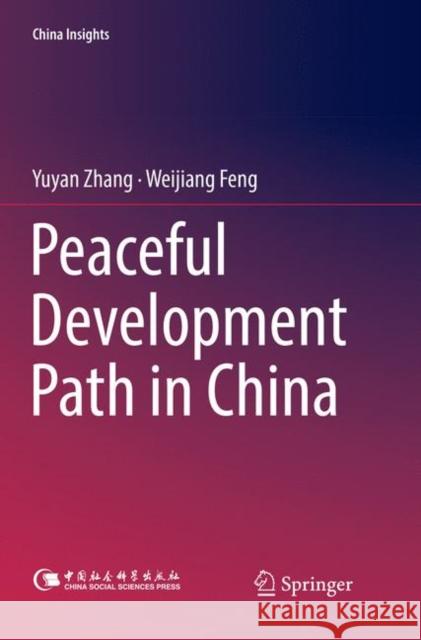Peaceful Development Path in China » książka
topmenu
Peaceful Development Path in China
ISBN-13: 9789811346347 / Angielski / Miękka / 2019 / 185 str.
Kategorie BISAC:
Wydawca:
Springer
Seria wydawnicza:
Język:
Angielski
ISBN-13:
9789811346347
Rok wydania:
2019
Dostępne języki:
Numer serii:
000774466
Ilość stron:
185
Waga:
0.31 kg
Wymiary:
23.39 x 15.6 x 1.17
Oprawa:
Miękka
Dodatkowe informacje:
Wydanie ilustrowane











